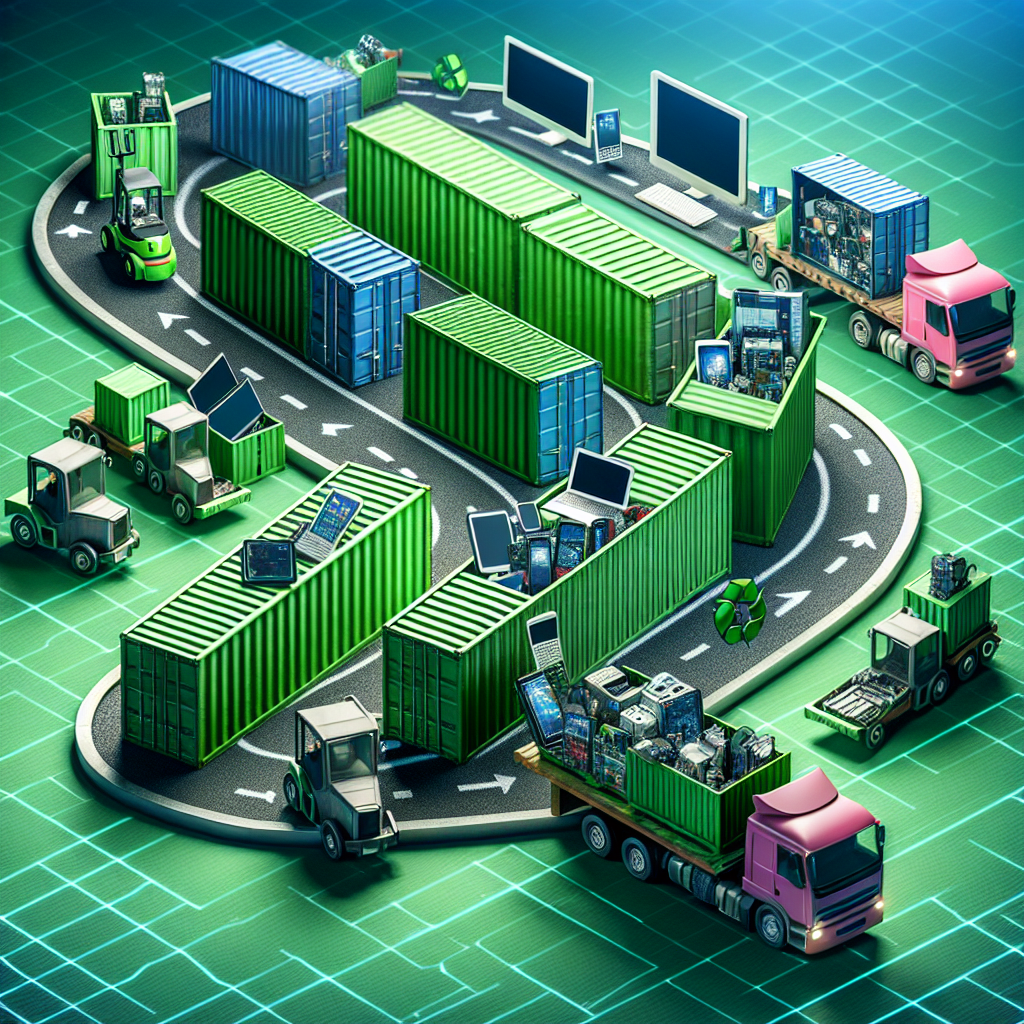Blog Ecobraz Eigre

The economic impact of reverse logistics in the technology sector
Reverse logistics in the technology sector represents an essential economic strategy for mitigating environmental impacts and reducing operating costs. According to the national policy on electronic waste, regulated by Federal Law No. 12.305/2010 (PNRS), the correct disposal and reuse of technological components promotes significant financial and sustainable gains for the sector.
Legal basis and regulation of reverse logistics
The National Solid Waste Policy (Law No. 12.305/2010), established by the federal government, determines shared responsibility for the life cycle of products, highlighting the importance of implementing reverse logistics in the technology sector. According to article 33 of the law, manufacturers, importers and distributors must structure systems that enable the return of post-consumer products, avoiding improper disposal and encouraging recycling.
Economic impacts of reverse logistics in technology
From an economic point of view, reverse logistics helps to reduce the costs associated with extracting raw materials by reusing valuable components found in electronic equipment. It also reduces waste management and treatment costs, since proper disposal reduces the need for costly storage or disposal processes.
Additionally, strengthening the recycling chain drives growth in the reuse and reconditioning market, fostering job creation and technological development in the sector. Organizations that adopt efficient reverse logistics practices are able to improve their institutional image and adequately meet environmental requirements, which are essential for public contracts and tenders.
Operational aspects and challenges
The implementation of reverse logistics in the technology sector involves challenges such as the complexity of collecting and sorting electronic equipment. To optimize this process, it is recommended to use integrated systems that facilitate the appropriate collection of electronic waste, guaranteeing safety and environmental compliance.
Another crucial factor is the safe handling of storage media, such as hard disks, whose safe disposal of hard disks prevents the exposure of sensitive data and complies with current legislation on information protection.
Governmental initiatives and future prospects
Federal and state institutions are promoting campaigns and regulations to encourage reverse logistics in technology, in line with the National Solid Waste Plan and the National Solid Waste Management Information System (SINIR), accessible at sinir.gov.br. These instruments reinforce the need for transparency and efficiency in the management of electronic waste.
Technological advances combined with the circular economy foster sustainable development in the sector, making reverse logistics essential for competitiveness and environmental compliance, with positive economic impacts that are reflected in the production chain and the consumer market.

Deixe um comentário
O seu endereço de e-mail não será publicado. Campos obrigatórios são marcados com *